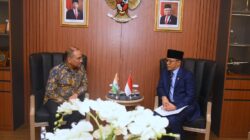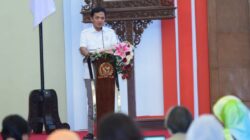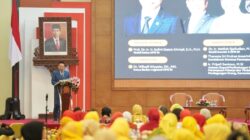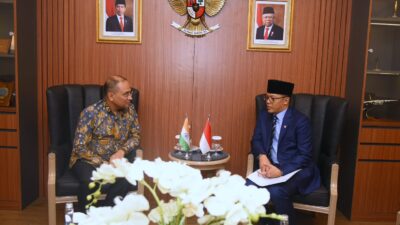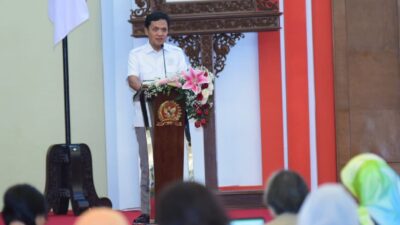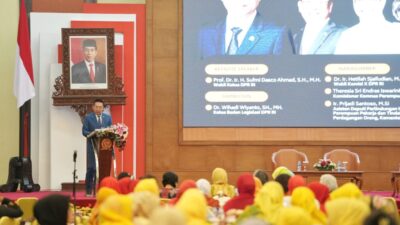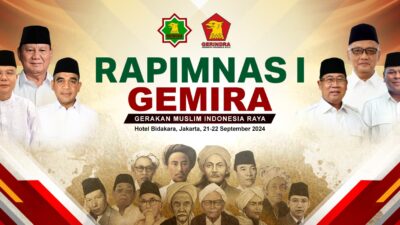Nikel RI Tarik Investasi, Hilirisasi Makin Didorong in Indonesia
Indonesia, known as one of the world’s largest producers of nickel, has been attracting significant investment in the nickel industry. The government’s efforts to promote the downstream processing of nickel ores, known as hilirisasi, have further contributed to the development of the country’s nickel sector.
The global demand for nickel has been steadily increasing, primarily driven by the growing electric vehicle (EV) market. Nickel plays a crucial role in the production of EV batteries, making it a sought-after commodity for countries aiming to capture a share of the booming EV industry.
Recognizing the vast opportunities that lie within the nickel sector, the Indonesian government has been actively promoting investment in the country’s nickel industry. This initiative, known as Nikel RI Tarik Investasi (Nikel RI Attracts Investments), aims to attract foreign and domestic investors to establish nickel smelters in Indonesia, thereby enhancing the country’s position in the global nickel market.
Under the Nikel RI Tarik Investasi program, the government offers various incentives to investors, including tax breaks, reduced export duties, and easier licensing procedures. These incentives are designed to encourage companies to invest in building nickel smelters within Indonesia, as compared to exporting raw nickel ores.
The government’s emphasis on hilirisasi is another important aspect of Indonesia’s nickel industry development. Hilirisasi refers to the downstream processing of nickel ores, where the ores are transformed into higher-value products such as nickel pig iron, ferronickel, and nickel matte. This moves Indonesia up the value chain and enables the country to export higher-value nickel products, rather than raw materials.
Promoting hilirisasi is essential for Indonesia to tap into the full potential of its nickel resources. By encouraging the processing and value-adding of nickel ores within the country, Indonesia can retain more of the profits generated from the nickel sector and create employment opportunities in downstream industries.
Additionally, hilirisasi helps to diversify Indonesia’s economy by reducing its dependence on raw material exports. By focusing on value-added nickel products, Indonesia can reduce its vulnerability to fluctuations in commodity prices and build a more sustainable and resilient economy.
Several companies have already responded positively to the government’s initiatives and invested in nickel smelters in Indonesia. For example, Tsingshan Holding Group, one of the world’s largest stainless steel producers, has established a nickel pig iron smelter in Indonesia, making it the country’s first producer of nickel pig iron.
The government’s efforts to attract investment and promote the downstream processing of nickel ores have the potential to transform Indonesia’s nickel sector. By enabling the country to capture a larger share of the global nickel market and creating higher-value nickel products, Indonesia can harness the economic benefits of its abundant nickel resources to drive sustainable development and prosperity.
However, challenges remain in achieving the desired level of investment and hilirisasi in the nickel sector. The availability of infrastructure, including reliable power supply and transportation networks, should be improved to support the establishment of nickel smelters. Additionally, ensuring environmental sustainability and social responsibility in the nickel mining and processing operations is vital to maintain the sector’s long-term viability.
In conclusion, Nikel RI Tarik Investasi and hilirisasi are significant initiatives in Indonesia’s efforts to develop its nickel sector. By attracting investments and promoting the downstream processing of nickel ores, Indonesia aims to strengthen its position as a global leader in the nickel industry. Through these efforts, Indonesia can unlock the full economic potential of its nickel resources and drive sustainable development in the country.



